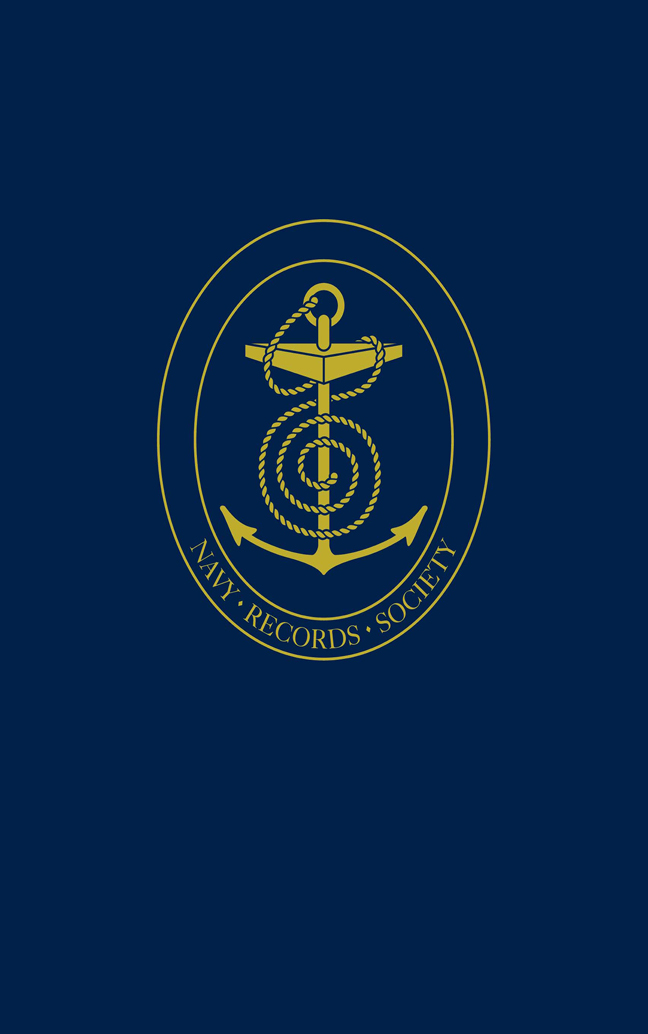 Papers and Correspondence of Admiral Sir John Thomas Duckworth
Papers and Correspondence of Admiral Sir John Thomas Duckworth Published online by Cambridge University Press: 05 March 2024
In May 1798 Duckworth, still in Leviathan, reported to Earl St Vincent, Mediterranean Commander-in-Chief, off the Spanish coast at Cadiz [311] and was given some minor tasks [312, 313]. St Vincent was blockading the Spanish naval base, while his subordinate, Rear-Admiral Viscount Nelson, operated to blockade Toulon. The fleet had only recently returned to the Mediterranean, having evacuated it the year before. Duckworth at once bumped up against another awkward superior, Sir Robert Calder, St Vincent's Captain of the Fleet, who rudely returned a letter Duckworth had sent to St Vincent, who was, of course, an old acquaintance [314–318]. He was sent into the Mediterranean on patrol, and established communication with Nelson [320].
He also resumed connections with Rear-Admiral Sir John Orde, [319– 321], but then he became involved, but only as a spectator, in a much more serious dispute between St Vincent and Orde, who was annoyed (as was Sir William Parker, Duckworth's former commander) when Nelson, who was junior to both of them as a rear-admiral, was sent, on government orders, into the Mediterranean to re-establish a British presence [322–324].
In pursuit of the same objective, St Vincent instructed Duckworth, still only a captain, to lead the invasion and capture of Minorca; Duckworth was always careful to cultivate St Vincent. The expedition seems to have required a degree of secrecy, which Duckworth could supply, and at the same time he was able to maintain connections with Orde [314], and to continue communications with Nelson with Sir William Hamilton at Naples. As much as anything he was a diplomat, carefully avoiding entering these quarrels.
The voyage to Minorca involved a curious dispute with the squadron surgeon, in which Duckworth was clearly in the right, and Dr Gardiner exhibited considerable medical arrogance [326–328, 330, 336]. The conquest of Minorca turned out to be straightforward, in large part because of Duckworth's own initiative in pushing forward a landing at an unexpected point [331–335, 337]. But he then had several months of awkward relations with General Stuart, the army commander, who proved to be as touchy as St Vincent or Orde, and a good deal less consistent than either [various letters between 338 and 420]. Ruling a small, overpopulated and poor island, as Duckworth had to for the present, was not easy.
To save this book to your Kindle, first ensure [email protected] is added to your Approved Personal Document E-mail List under your Personal Document Settings on the Manage Your Content and Devices page of your Amazon account. Then enter the ‘name’ part of your Kindle email address below. Find out more about saving to your Kindle.
Note you can select to save to either the @free.kindle.com or @kindle.com variations. ‘@free.kindle.com’ emails are free but can only be saved to your device when it is connected to wi-fi. ‘@kindle.com’ emails can be delivered even when you are not connected to wi-fi, but note that service fees apply.
Find out more about the Kindle Personal Document Service.
To save content items to your account, please confirm that you agree to abide by our usage policies. If this is the first time you use this feature, you will be asked to authorise Cambridge Core to connect with your account. Find out more about saving content to Dropbox.
To save content items to your account, please confirm that you agree to abide by our usage policies. If this is the first time you use this feature, you will be asked to authorise Cambridge Core to connect with your account. Find out more about saving content to Google Drive.